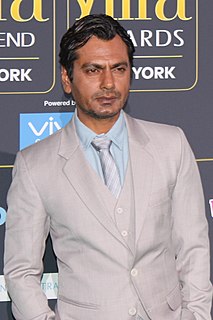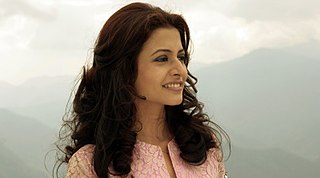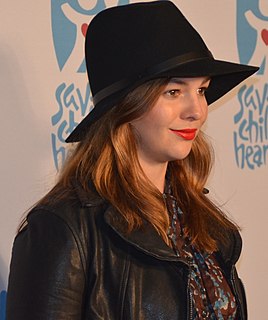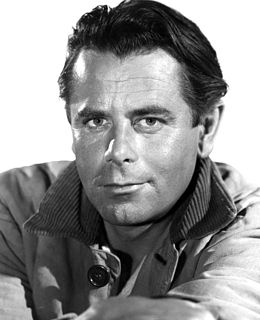A Quote by Alexander Payne
'Independent' means one thing to me: It means that regardless of the source of financing, the director's voice is extremely present. It's such a pretentious term, but it's auteurist cinema. Director-driven, personal, auteurist... Whatever word you want.
Related Quotes
Independent means one thing to me: It means that regardless of the source of financing, the director's voice is extremely present. It's such a pretentious term, but it's auteurist cinema. Director-driven, personal, auteurist... Whatever word you want. It's where you feel the director, not a machine, at work. It doesn't matter where the money comes from. It matters how much freedom the director has to work with his or her team. That's how I personally define independent movies.
I want studios to be financing director-driven, auteurist cinema, as they did in the '70s. I think it's starting to happen now. Plus, because of how our world has changed politically, I think audiences are demanding more realism. We need to have more stuff in our culture about what is really going on right now.
With a director it's all about the work; I'd work with a great director over - you know, I'm not the kind of actor who that doesn't go, 'I want to play this role.' It's more like, 'I want to work with this director,' regardless of what the role is because if it's a good director, you'll probably find a good role because it's a decent film. But a mediocre director will always make a mediocre movie.
The best directing style is the one that lets me do whatever I want. Seriously though, I like to be challenged and I like to collaborate. I love finding the medium between what I think and what a director does. I hate when a director uses the "my way or the highway" approach. But it also sucks when they tell you everything you do is great and offer no input. It's a fine line a director has to walk. It is a hard job.
I like to adapt to a director's way of working. I love doing that. Each director is so different, and you have to adapt to this new way of doing something. That's what's amazing to me. That's why I love directors. I don't want to director to have to work around me. I think it's more fun for me to come in on their thing.
The producer can put something together, package it, oversee it, give input. I'm the kind of producer that likes to take a back seat and let the director run with it. If he needs me, I'm there for him. As a director, I like to have the producer there with me. As a producer, I don't want to be there because I happen to be a director first and foremost, I don't want to "that guy."




































